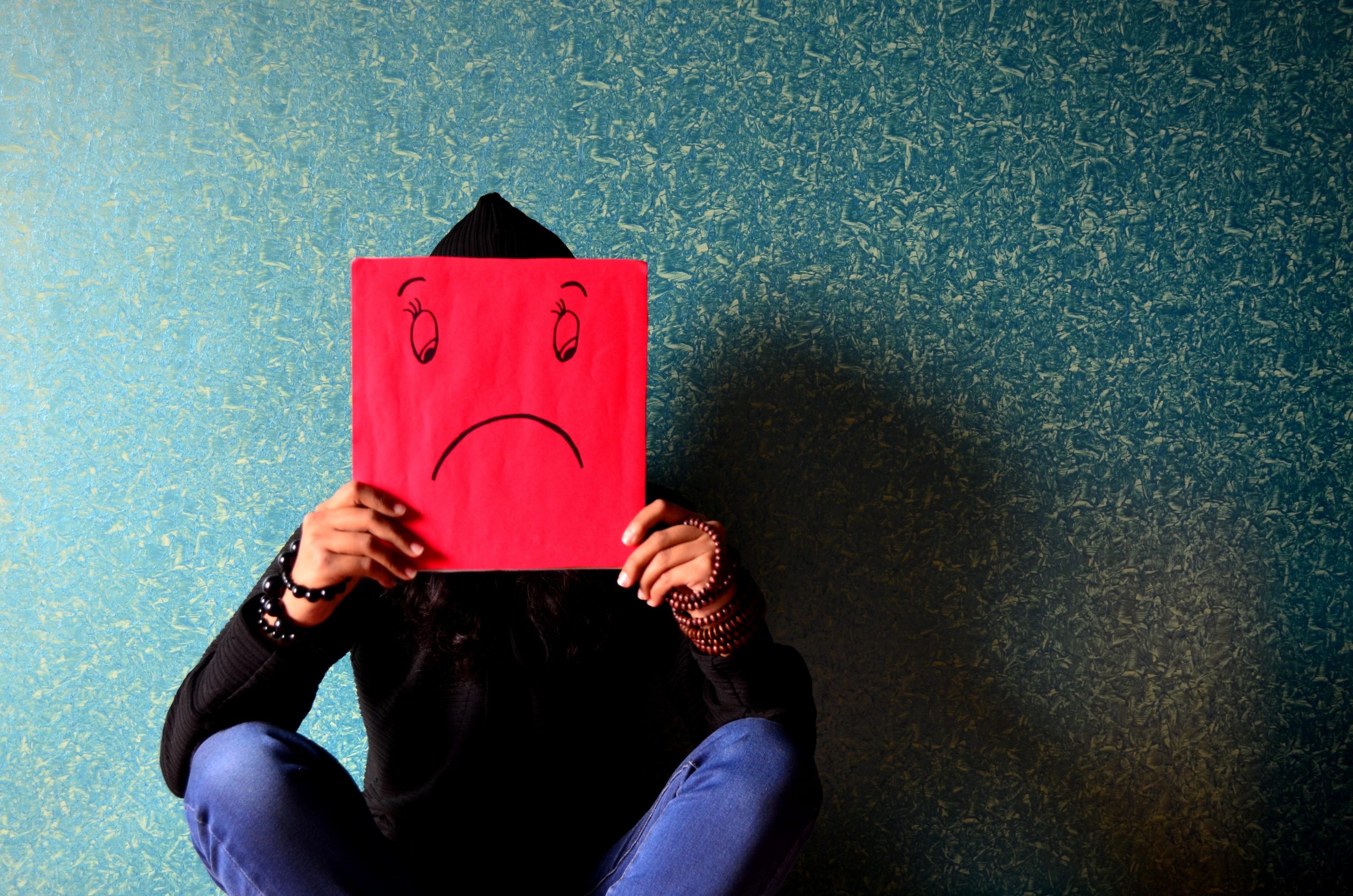Is Your Anger a Symptom of Depression? Exploring the Connection and Finding Solutions

So what’s the connection between anger and depression?
You may have noticed when you get in a down mood you also get irritable. Things that you may usually tolerate become intolerable. Maybe you get irritated more easily or “snap” at people in your life. Hopefully you’ve come to a place where you don’t throw your phone across the room or start name calling but when something is depressing you, your tolerance bar gets way low, doesn’t it?
Controlling anger (called self-regulation) is one of the hardest skills to learn in life. When we are depressed we can “regress” into our younger years, and have difficulty with objectivity, using our assertive words, and keeping control of our emotions. So when you’re feeling depressed AND struggling to navigate through those feelings, you can imagine why this would result in you feeling irritated and lashing out on others.
So am I just stressed out or am I really depressed?
To answer that let’s first talk about the symptoms of depression. Depression is most easily recognized by the following signs and symptoms:
- tearful
- down mood
- lethargic or slow movements
- difficulty concentrating
- sleep too much or too little
- not interested in doing fun things like you used to
Believe it or not, irritability is one of the more common signs of depression.
Irritability can be experienced as:
- Screaming and yelling
- Snapping at others
- Feeling “hot tempered”
- Getting easily triggered
- Giving people around you the “cold shoulder”
- Stewing on the past and feeling resentful
These signs, in combination with the other depression signs in the list above, could mean you are more than just stressed. You may be experiencing depression.
While it’s easy to attribute your stress to just something you should “get over” take a step back and consider the whole picture here. Have you been exhibiting signs of depression as well?
This is an important step for you to do because the way you would address your irritable attitude is different than how you would treat your irritable depression.
How can I care for myself when I am irritable?
Irritability and anger is a form of communication. So if you teen is depressed there can be some benefits to a child who yells at you (as opposed to one who isolates, shuts down, and won’t talk).
So two questions to ask yourself before you judge yourself for lashing out on others “What is happening within me right now? What can I do to take care of myself in this moment?” Maybe you feel a lack of control in your life, or feel frustrated and have no confidence in herself. When you start tuning into yourself, the answer may surprise you. It’s often at this point you start to scratch the surface and see that there may be more behind the anger than simply attitude.
Finding the reason behind the anger can be a great start to solving the anger. And if you start solving the anger, that may help to start resolving any underlying depression.
Bottom line: There are a few anger/depression behaviors that need to addressed immediately by a medical or mental health professional. If you feel aggressive toward others, a danger to yourself (including self-harm or suicidal thoughts or behaviors) call your doctor, therapist, 911, or suicide hotline at 1-800-273-8255. A professional can help you with coping skills and help you get the care you need.
_________________________________________________________________________________________________
Jenmarie Eadie is a Licensed Clinical Social Worker who is passionate about empowering women to take control of their mental health by finding balance and inner peace in the midst of perfectionism and anxiety. She received her Master’s in Social Work from Arizona State with a concentration in Behavioral Health. Her proudest accomplishment is following her dream of opening up a practice focused on helping high-achieving, goal-oriented women. She currently serves women in California and Oregon (CA LCSW# 66634 and OR# L13328).

